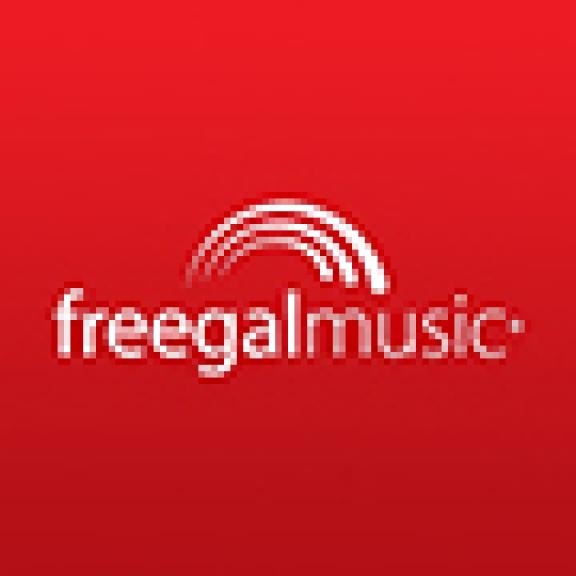Celebrating our freedom to read.




Free people read freely! Take a look below, at what your library branches are doing for Banned Books Week and learn a little bit about book bans and intellectual freedom - maybe you’ll end up coming in to check out some banned books! Or see what we have online.
What does book banning mean? What does it mean when a book is challenged?
A book is banned when it is entirely removed from a collection in response to a formal or informal challenge.
A challenge is an attempt to remove or restrict access to materials or services based upon the objections of a person or group. A challenge to a title may result in access to it being retained, restricted, or withdrawn entirely. Restrictions on access may include relocating the book to a section of the library intended for an older age group than the book is intended for, labeling it with a prejudicial content warning or rating, taking it out of the online catalog so it has to be requested from a staff member, removing it from open and freely browsable stacks, or requiring parental permission to check it out.
Challenges do not simply involve people expressing their point of view, but rather are an attempt to remove materials from curricula or libraries, thereby curtailing the ability of others to access information, views, ideas, expressions, and stories. A formal challenge leads to the reconsideration of the decision to purchase the material or offer the service. This process is governed by a board-approved policy and includes review of the material as a whole to assess if it is aligned with the library or school's mission and meets the criteria delineated in its selection, display, or programming policy (as applicable).
Any reduction in access to library materials based on an individual or group's believe that they are harmful or offensive is an act of censorship. ALA does not consider weeding of an item based on criteria defined in a library or school district's policy to be a ban, nor do we characterize a temporary reduction in access resulting from the need to review materials to be a ban.
How many books have been banned?
- 2024 Data: Between January 1 and August 31, 2024, ALA’s Office for Intellectual Freedom tracked 414 attempts to censor library materials and services. In those cases, 1,128 unique titles were challenged. In the same reporting period last year, ALA tracked 695 attempts with 1,915 unique titles challenged. Though the number of reports to date has declined in 2024, the number of documented attempts to censor books continues to far exceed the numbers prior to 2020. Additionally, instances of soft censorship, where books are purchased but placed in restricted areas, not used in library displays, or otherwise hidden or kept off limits due to fear of challenges illustrate the impact of organized censorship campaigns on students’ and readers’ freedom to read. In some circumstances, books have been preemptively excluded from library collections, taken off the shelves before they are banned, or not purchased for library collections in the first place.
- 2023 Data: ALA's Office for Intellectual Freedom documented 1,247 demands to censor library books and resources in 2023. The number of titles targeted for censorship surged 65% in 2023 compared to 2022, reaching the highest levels ever documented by OIF in more than 20 years of tracking: 4,240 unique book titles were targeted for removal from schools and libraries. This tops the previous high from 2022, when 2,571 unique titles were targeted for censorship. Titles representing the voices and lived experiences of LGBTQIA+ and BIPOC individuals made up 47% of those targeted in censorship attempts.
Groups and individuals demanding the censorship of multiple titles, often dozens or hundreds at a time, drove this surge in 2023. Attempts to censor more than 100 titles occurred in 17 states: Colorado, Connecticut, Florida, Idaho, Illinois, Iowa, Kentucky, Maryland, Missouri, North Carolina, Ohio, Pennsylvania, Tennessee, Texas, Utah, Virginia, and Wisconsin.
Take a look at some of the displays PCCLD’s library branches have created to celebrate our freedom to read.
Barkman

Giodone

Greenhorn Valley

Lamb

Pueblo West

Rawlings









